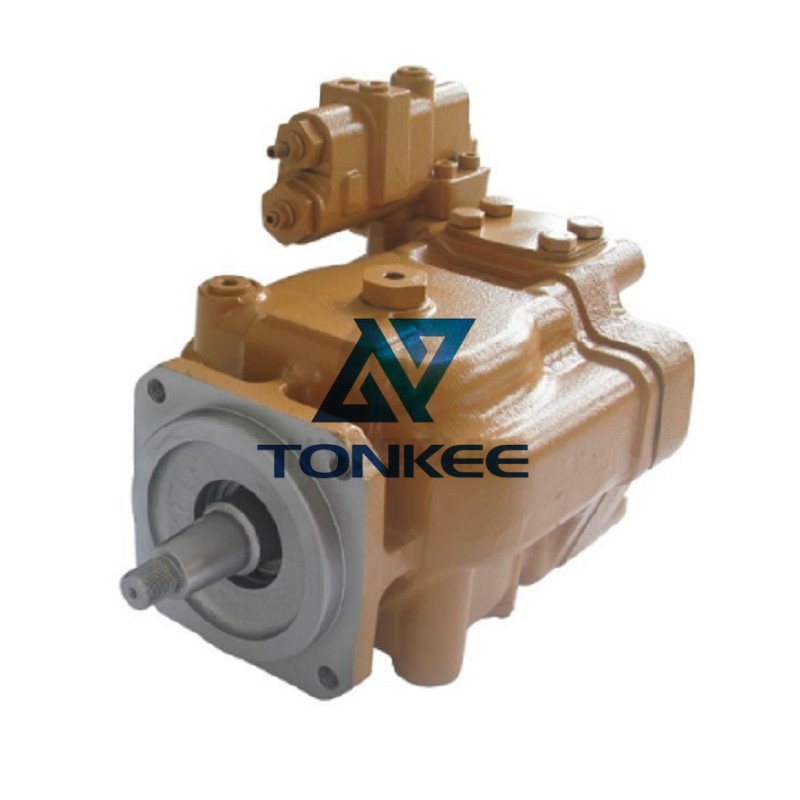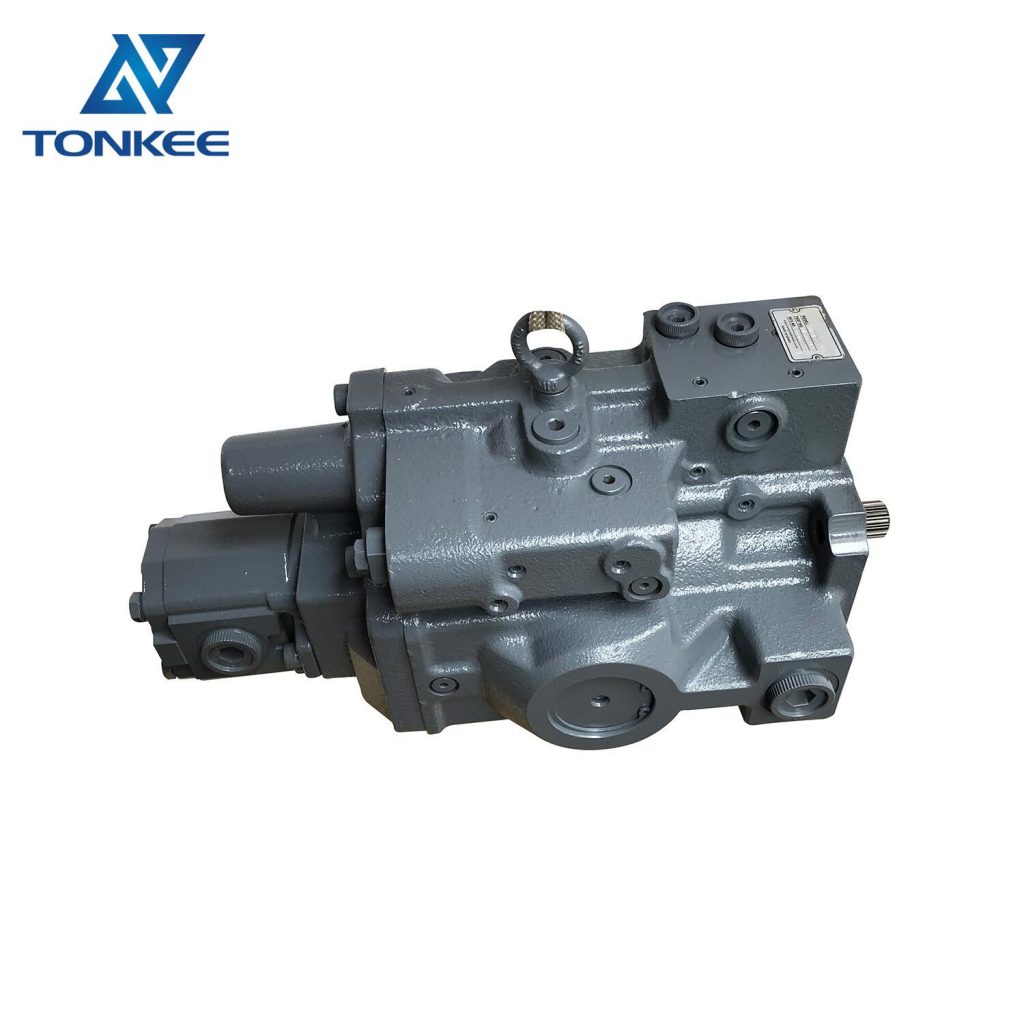
Piston pumps consist of a cylinder, a piston, inlet and outlet valves, and a power source.
The piston is usually connected to a crankshaft and driven by an electric motor, an internal combustion engine, or other power sources. The reciprocating motion of the piston creates a suction and discharge process that enables the pump to move fluids. These pumps are known for their ability to provide high-pressure and flow rates with precision and reliability.
One of the key specifications of a piston pump is its displacement volume, which refers to the amount of fluid it can transfer in a single stroke or cycle. This volume is typically expressed in terms of liters per minute (LPM) or gallons per minute (GPM). The displacement volume is determined by the cylinder bore and the stroke length of the piston. Piston pumps come in various sizes and configurations to meet different capacity requirements.
Piston pumps can be further classified into two main categories: axial piston pumps and radial piston pumps. Axial piston pumps have pistons that move parallel to the axis of the cylinder, while radial piston pumps have pistons that move radially from the center of the cylinder. Each type has its own advantages and is suitable for specific applications.
The efficiency of a piston pump is another critical specification. These pumps are known for their high mechanical efficiency due to their positive displacement nature. They can maintain a consistent flow rate even when handling high-pressure applications. However, the efficiency can be influenced by factors like fluid viscosity and operating conditions.
Piston pumps can operate with a wide range of fluids, from low-viscosity liquids to highly viscous substances.
This versatility is due to their ability to handle different viscosities and maintain a consistent flow rate. However, the choice of materials for the pump's construction and the type of seals used should be compatible with the specific fluid being pumped to ensure long-term reliability.
Another important specification to consider is the maximum pressure that the piston pump can generate. These pumps are capable of producing high pressures, making them suitable for applications that require significant force, such as hydraulic systems, car washes, and pressure testing equipment. The maximum pressure is determined by the design and materials used in the pump, as well as the power source driving it.
Piston pumps also offer the advantage of fine control over flow rates. By adjusting the speed of the power source or changing the stroke length of the piston, operators can precisely control the output flow rate. This makes them ideal for applications where accurate dosing or metering of fluids is essential.



 English
English Русский язык
Русский язык




